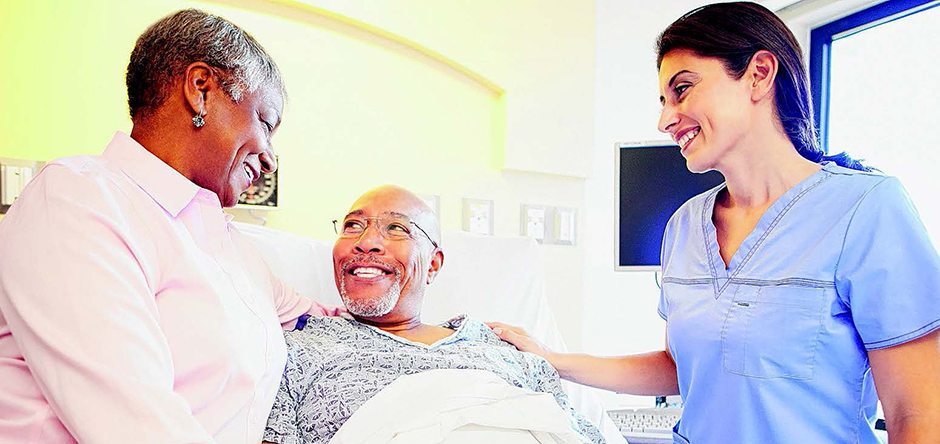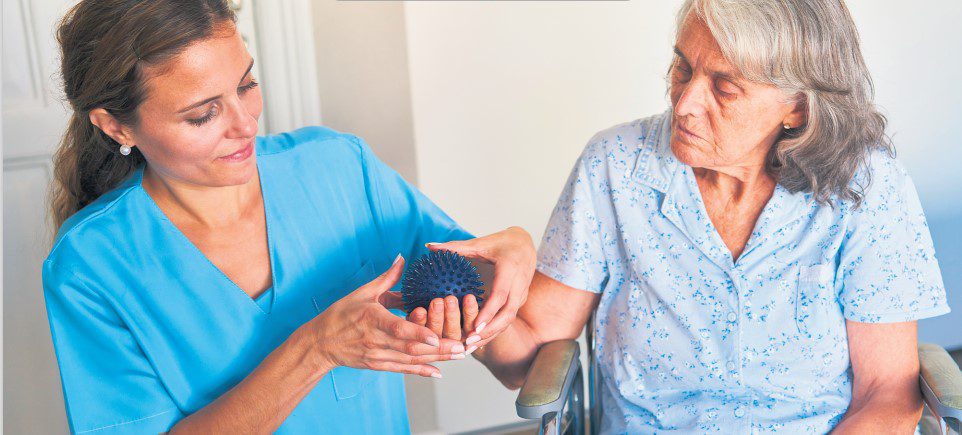
Being sick is never enjoyable, but it can be particularly difficult during the holiday season. No one wants to spend the holidays in the hospital, but in some cases it just can’t be avoided. And for those recovering at home, the thought of missing out on gatherings with family and friends can make the season less than merry.
This year, you can give an ill friend, relative or loved one a gift that’s inexpensive, guaranteed to fit and bring a smile to his or her face. Go and visit them, whether they are at home or in the hospital.
However, a few tips to make sure you’re spreading joy, not germs, and not creating anxiety:
- Most important: don’t go if you are sick. If you’re not feeling well, a phone call will have to suffice to avoid infecting the patient and others.
- Leave young kids at home. Not only do they tend to be germ factories, they usually can’t help wandering and touching everything.
- If there is a special tradition or memento that holds meaning to the person, consider how you can alter it for a hospital stay to maintain a sense of familiarity, comfort and love.
- Coordinate your visits with other family and friends so you don’t all show up at once.
- Before you bring food or flowers to the hospital, check with someone on the patient’s care team.
- Don’t wear perfume or cologne or chew gum. The intense smells can irritate some patients and even trigger an asthma attack in others.
- Before seeing the patient, wash your hands with soap and warm water for at least 20 seconds.
- Just hold hands with the patient. Persons who have just had surgery or other problems often don’t want to be hugged.
- It’s best not to sit on the patient’s bed as this can spread germs. Use the chairs provided. By the same token, don’t put your feet on the patient’s bed.
- Keep it positive. Don’t talk about your previous illnesses or hospitalizations. Anxiety can be infectious – if you are unable to manage your own stress about the patient or your own personal fears about hospitals, it may be best to wait and save your visit for when the patient is home.
- Make visits frequent, but brief. Twenty minutes is plenty; be alert for cues that the person might be tired and needing some rest.
- Either turn your cell phone off or on “vibrate” to eliminate the distraction – make your visit count!
Love and caring are critical tools for helping patients get better, especially during the holidays. Give them the best gift of all – your time and presence can make a difference!





